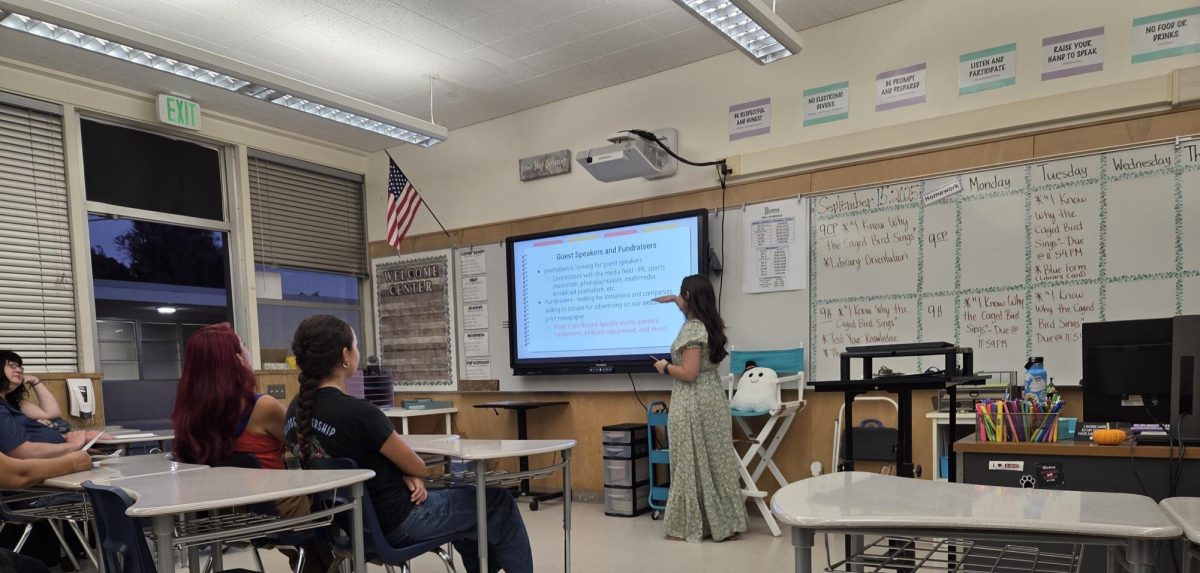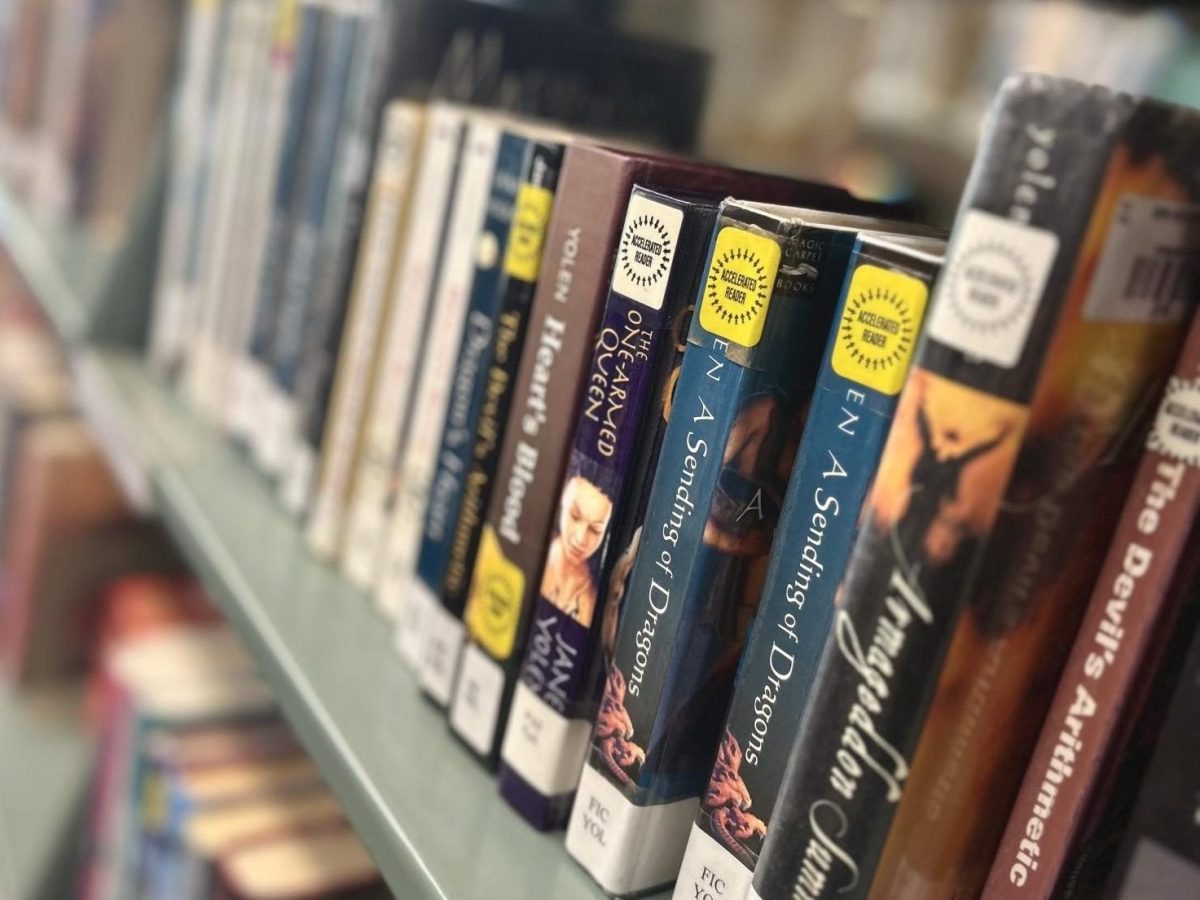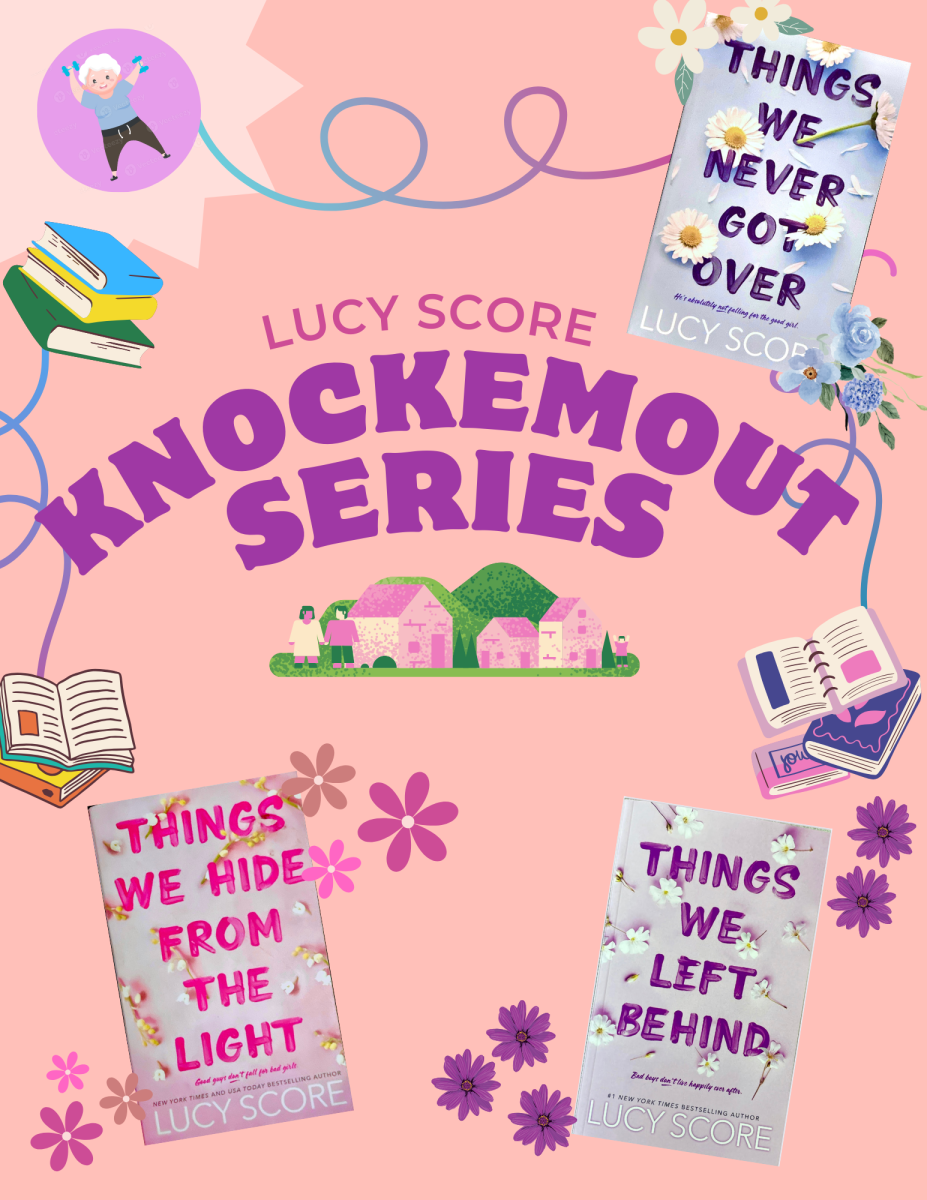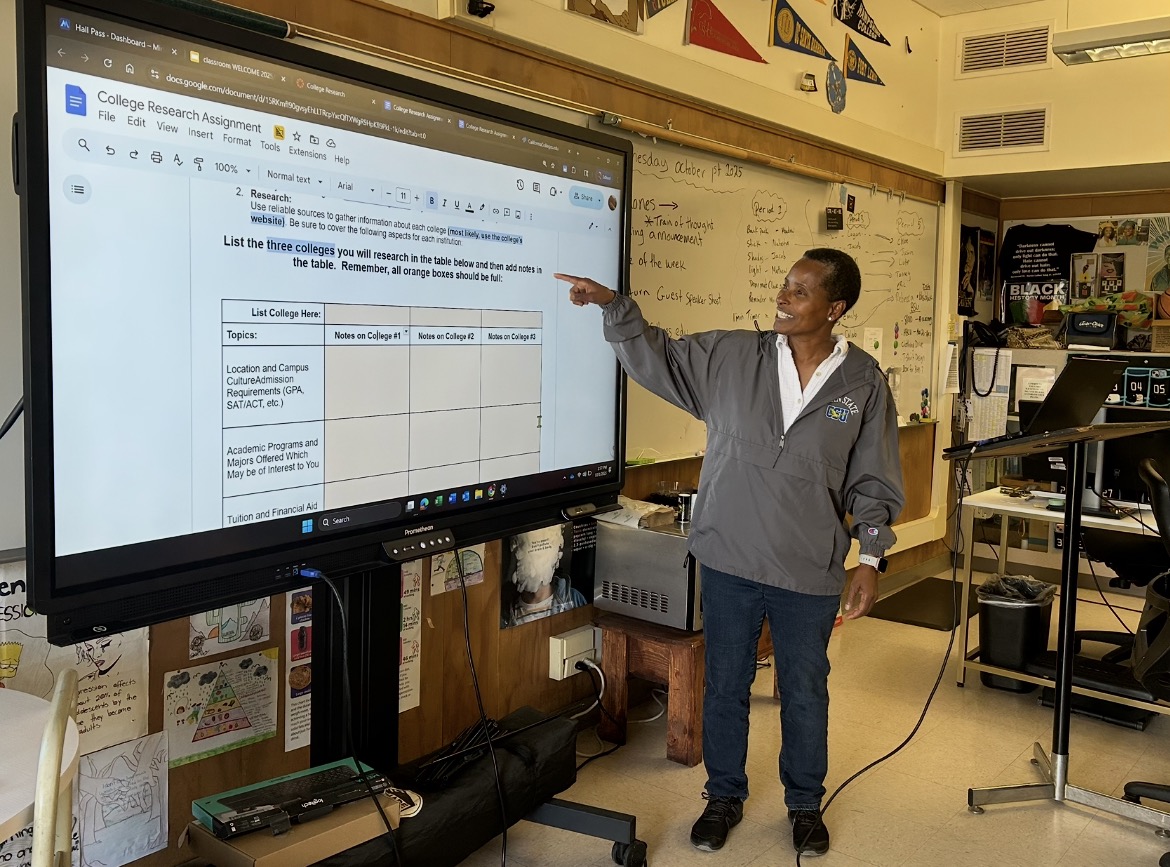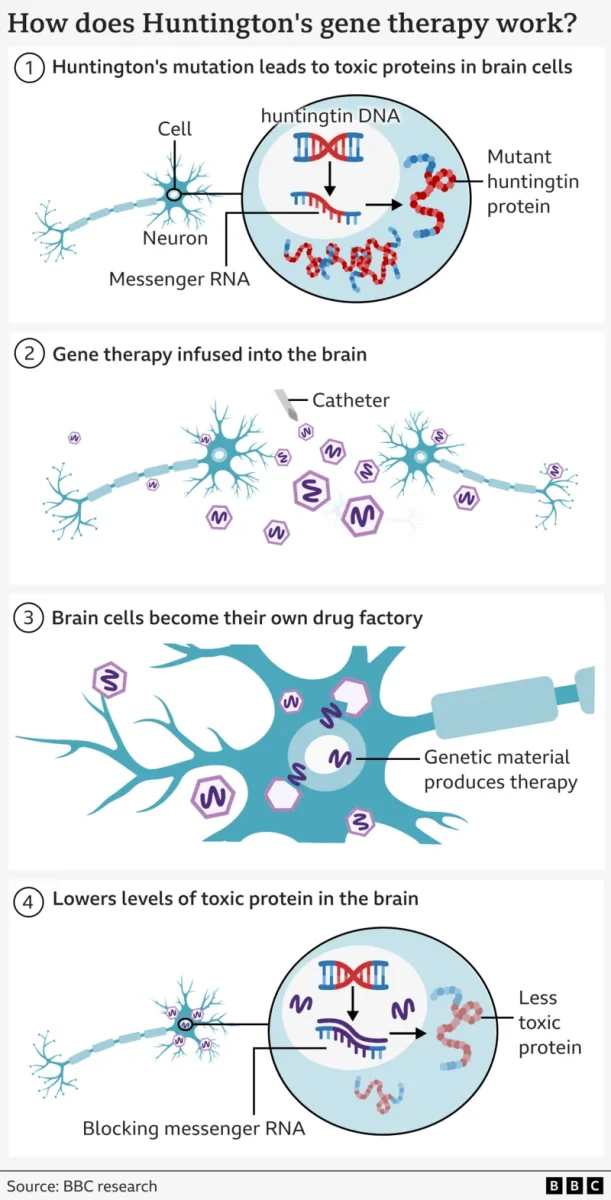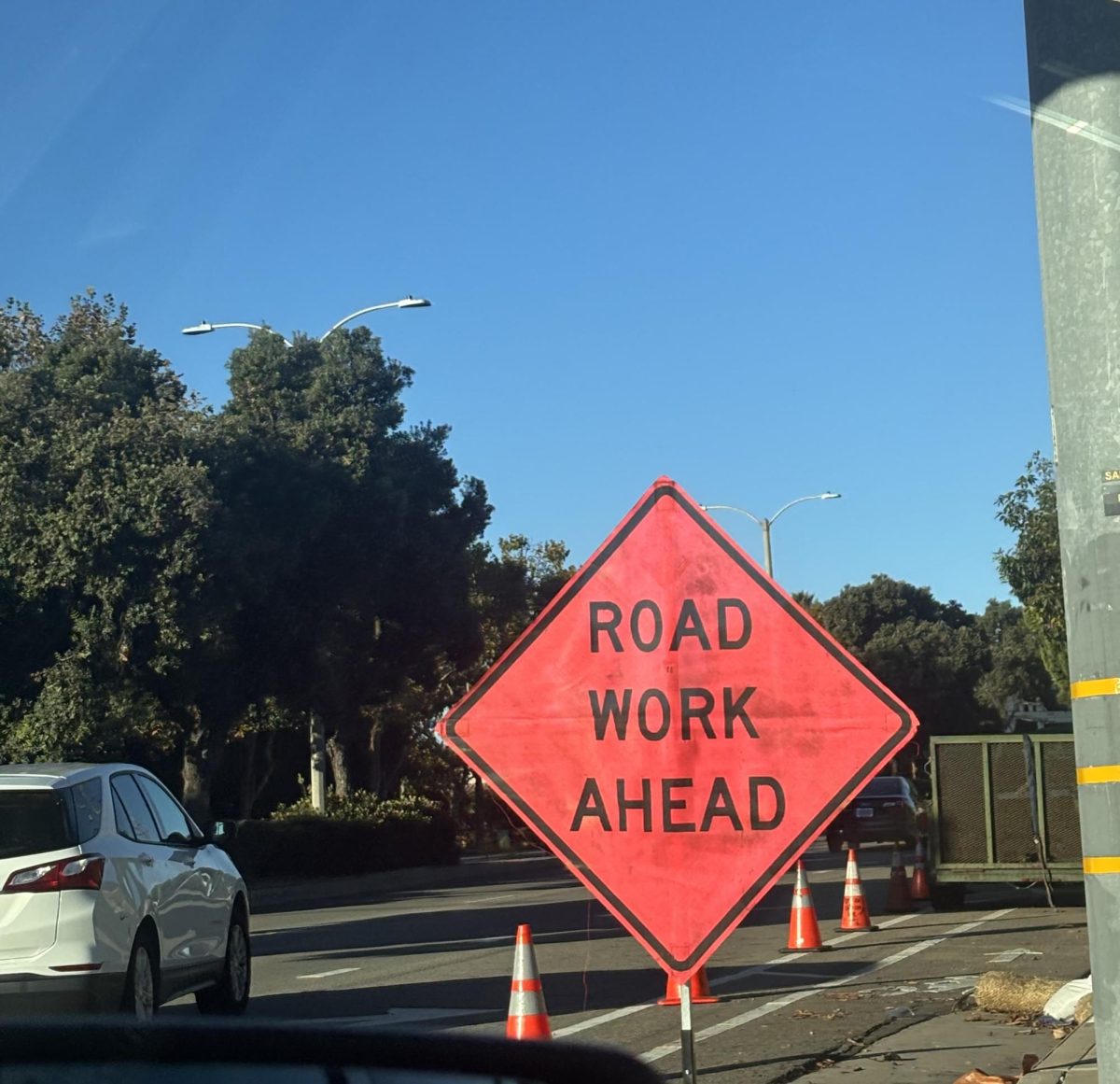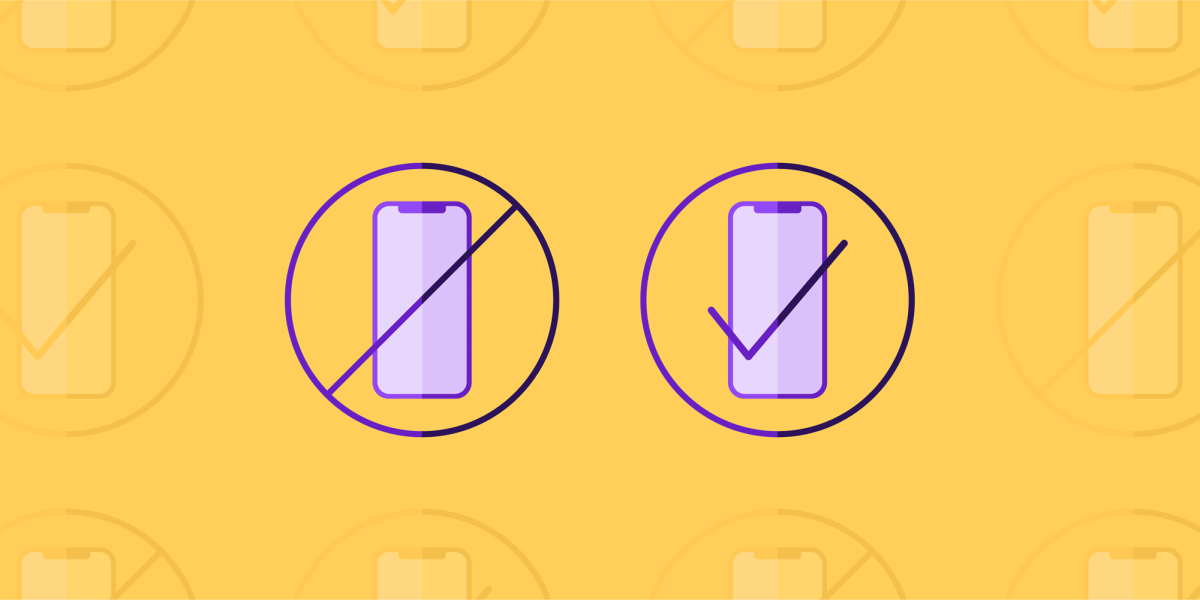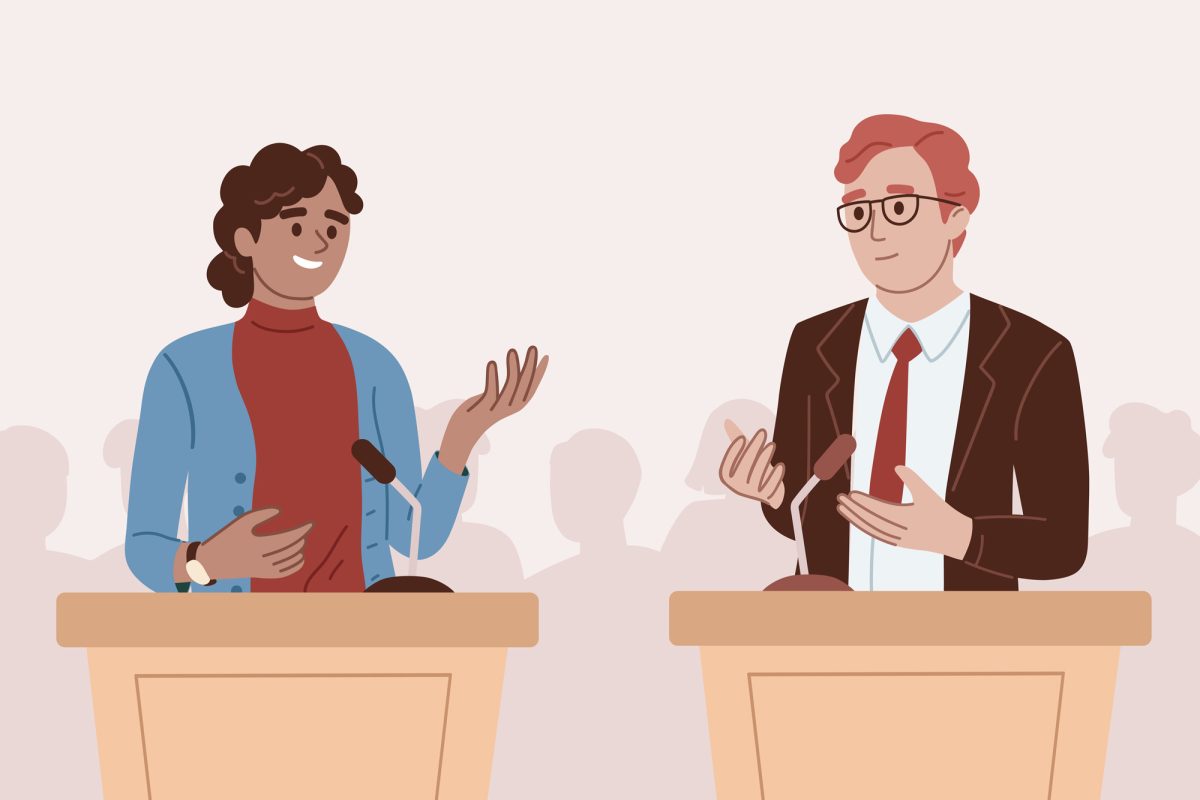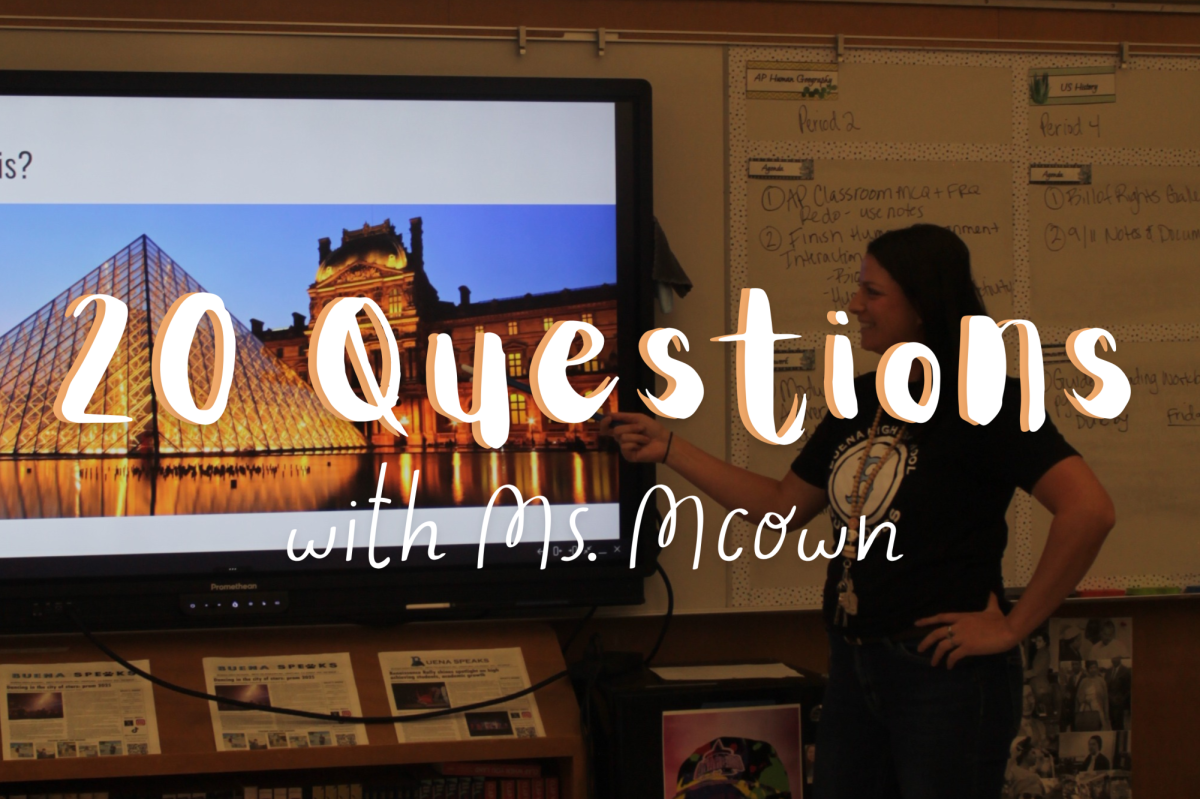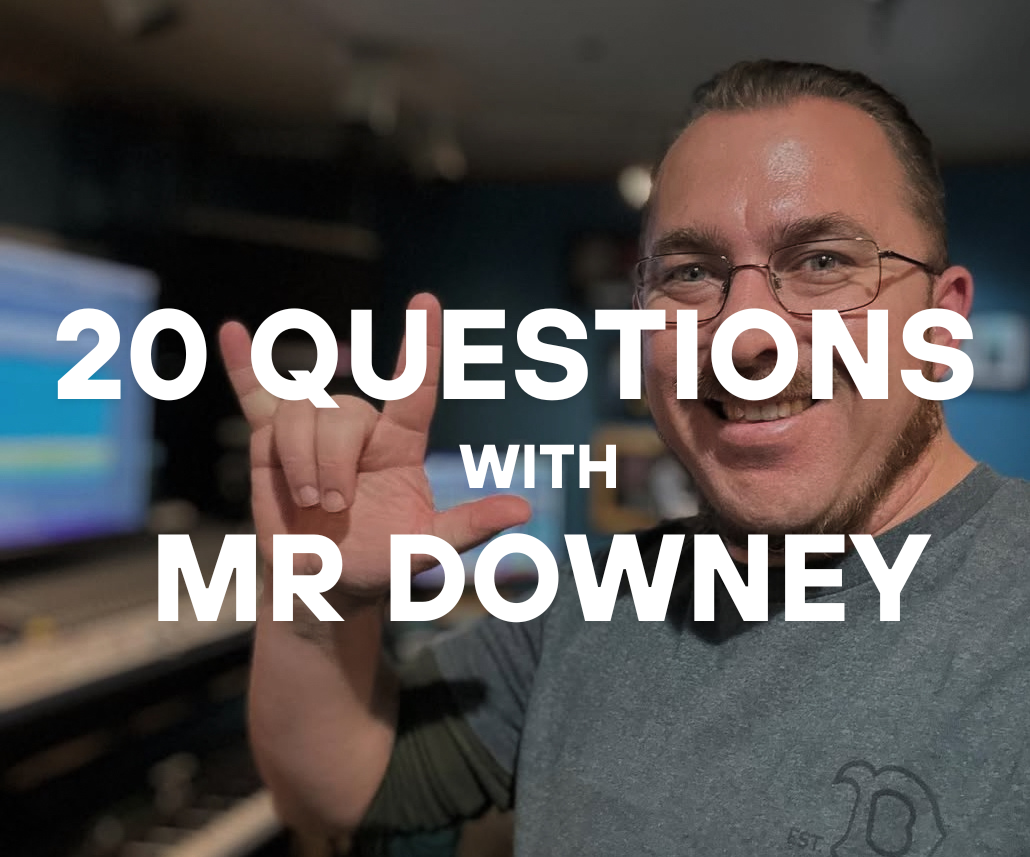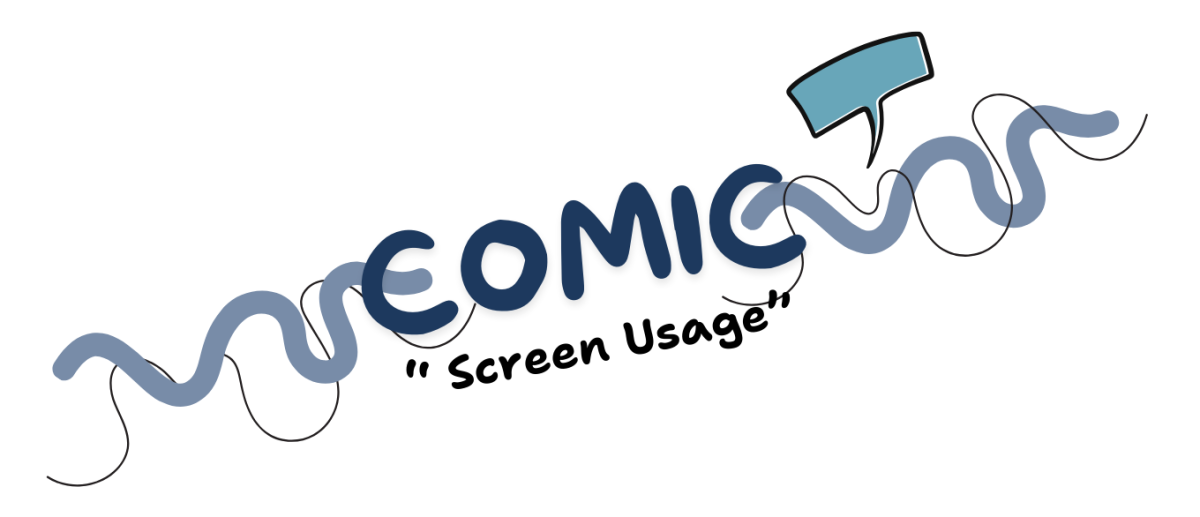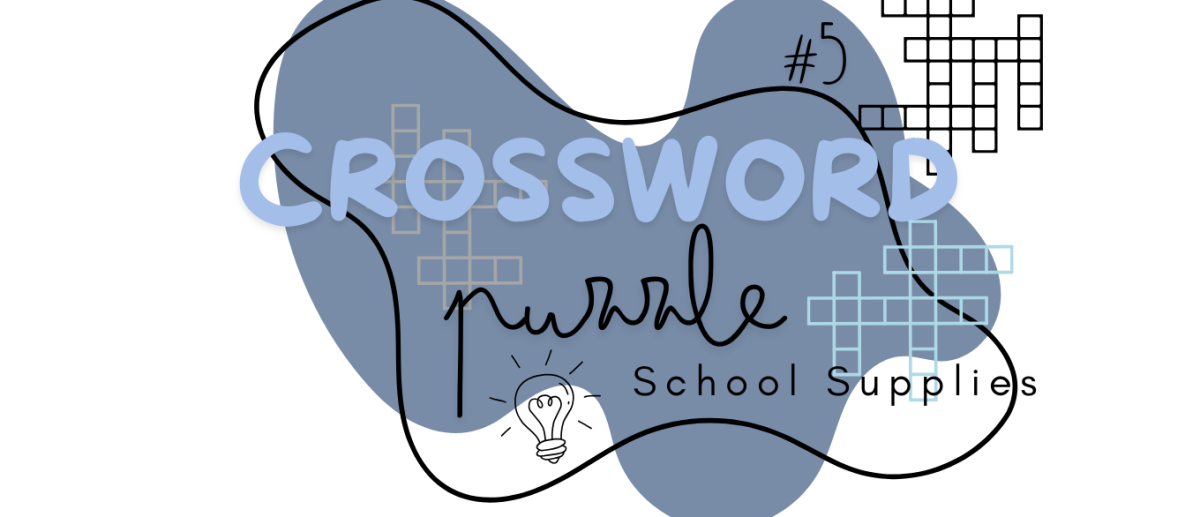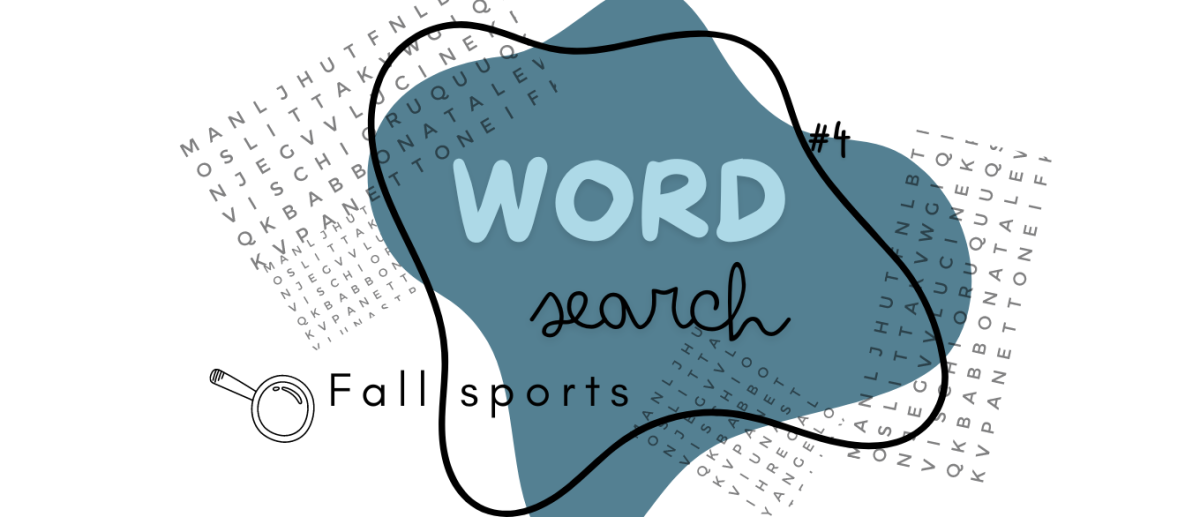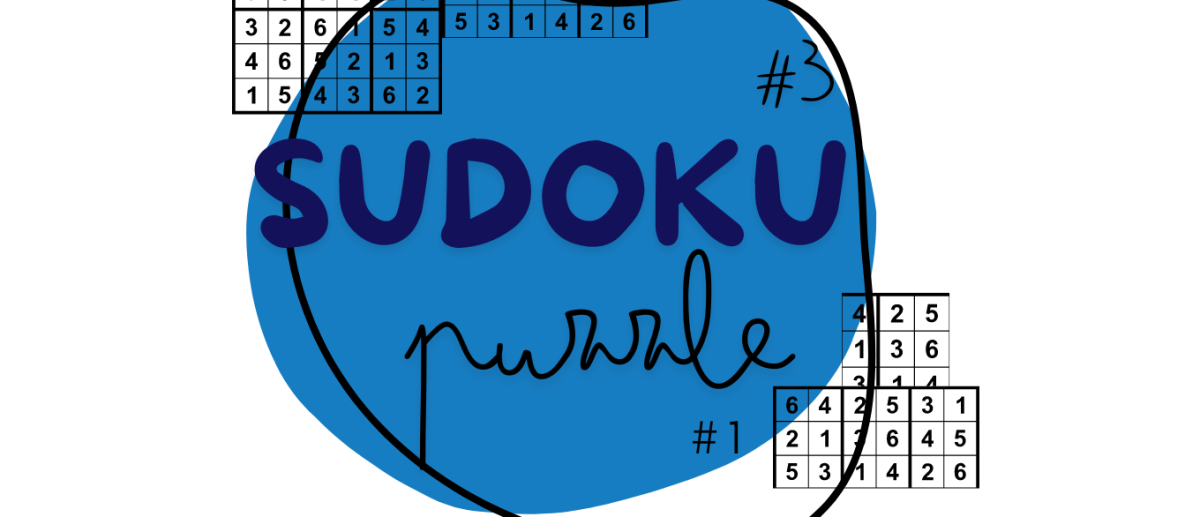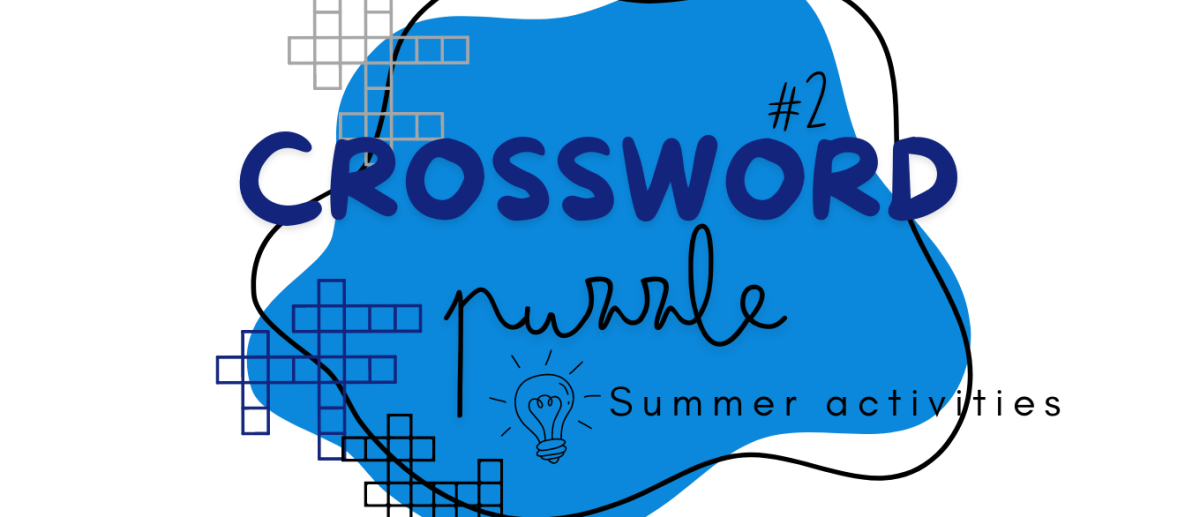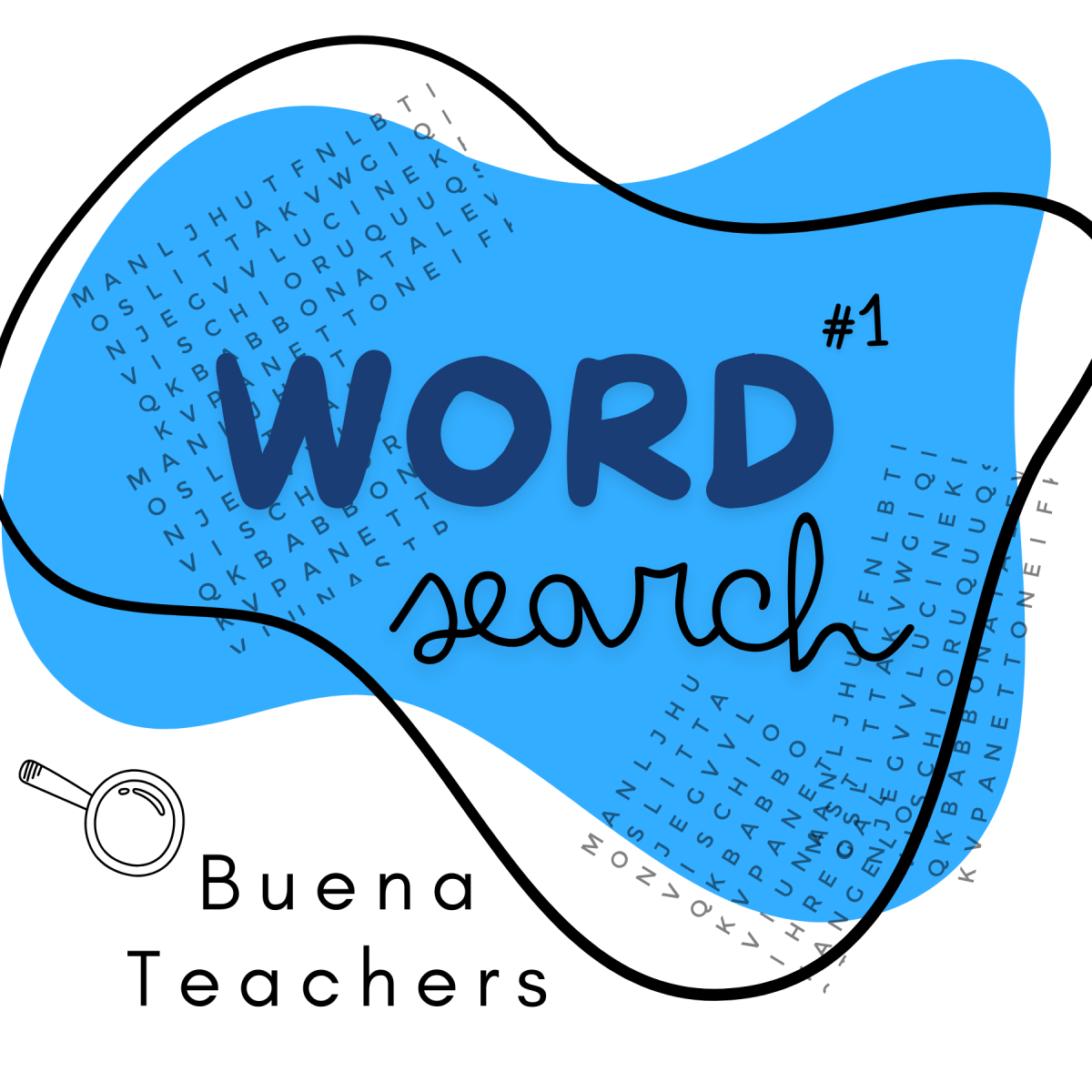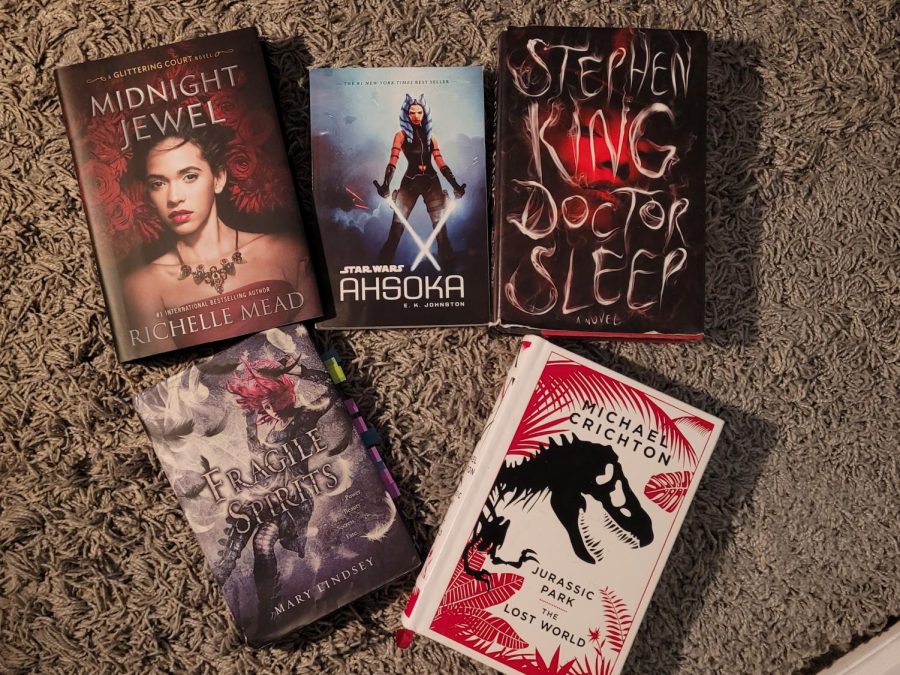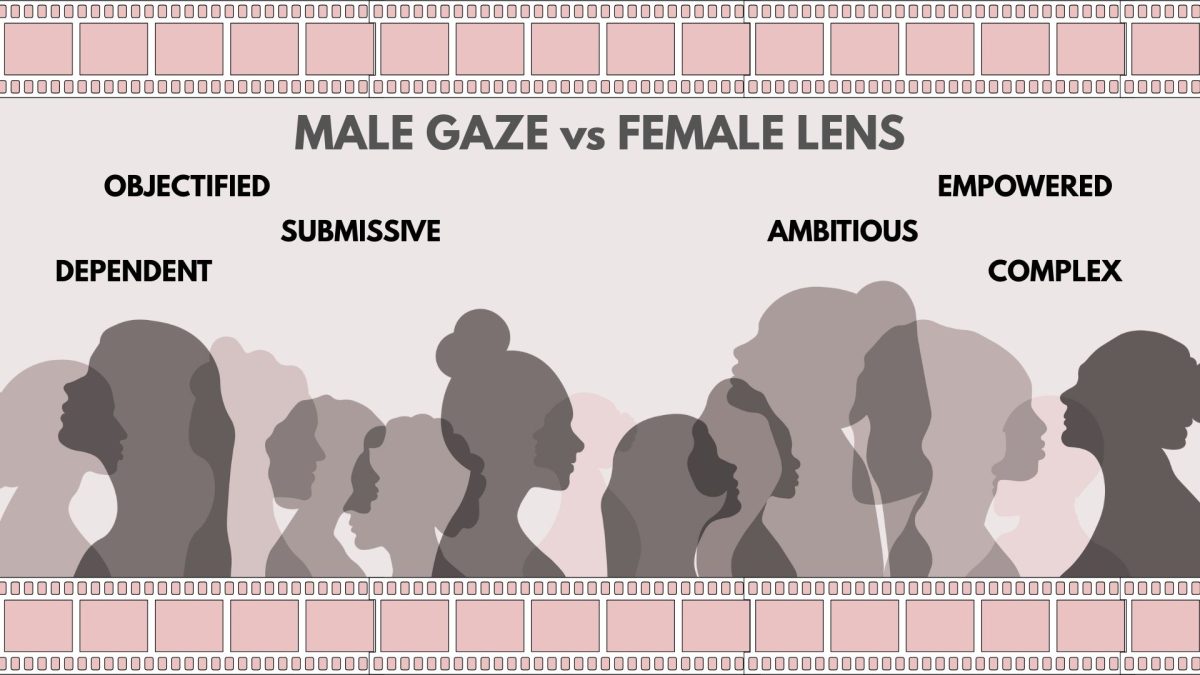Reading can be an amazing experience. It gives readers an enjoyable feeling. This experience can be affected by the kind of book they choose to read and physical books provide what digital copies cannot. Despite that, electronic books are becoming more popular. Paper books give the reader an opportunity to feel the pages, take expressive annotations and provide a whole different experience. Reading physical books has also proven to have vast advantages for all readers alike.
Although kindles, e-books and audio books are becoming more popular, that does not mean that they are the best choice compared to the classic textbook, paperback and hardcover options.
First of all, physical books can be more personal to the owner and can be easily annotated and can be personalized to the reader’s needs, whether they are using a textbook for a class or a piece of literature that they read in their free time. This gives opportunities for creativity and customization, whereas digital books have limited features and can look dull and basic when compared.
“It [annotating] increases the likelihood that you will retain the information… you can review concepts quickly and efficiently,” The University of North Carolina at Chapel Hill said.
This is especially important for students and any individual who is especially intrigued by specific pieces of information or other details to note.
As for other research based data, there was a study done from 2008 to 2018 where performance and efficiency was measured on participants, with some data proving digital books to be less effective.
This study gives another viewpoint as to why physical books are valuable; because of the advantages they provide for efficiency.
“ [in a study] reading from screens had a negative effect on reading performance relative to paper…” the Journal of Research in Reading said.
This suggests that reading is more effective when done with paper copy books. The study also discovered that when quizzed afterwards, those who read the digital copy of a story scored less than those who read physical copies.
This gives individuals the upper hand when they study, it’s especially beneficial when they are trying to be productive and structured. This also contributes to the fact that reading causes complex thinking and expands one’s vocabulary, therefore reading physical copies of books would improve cognitive abilities.
Some may say that books are expensive, and while it may be true for some literature, many other economical options exist. The most affordable option is to check out books at a local library or a school library, it’s free and there’s usually a large variety of genres. This option also supports libraries by using their services.
Other options include thrifting books, going to used bookstores, shopping online for cheaper options and the list goes on and on. College Ave says “used print [textbooks] are often 20% to 50% cheaper than new editions.” Price is also determined by the condition of the book and by the demand mainly. Additionally, for special occasions, sellers and stores may give further discounts.
These options are not only inexpensive, but also eco-friendly and keep books from ending up in landfills.
Overall, paper books provide more advantages than an average kindle or digital copy. They allow for deeper comprehension, give opportunities for individuality and creativity and give readers a completely different immersive experience through the annotations and the feel of the paper.




